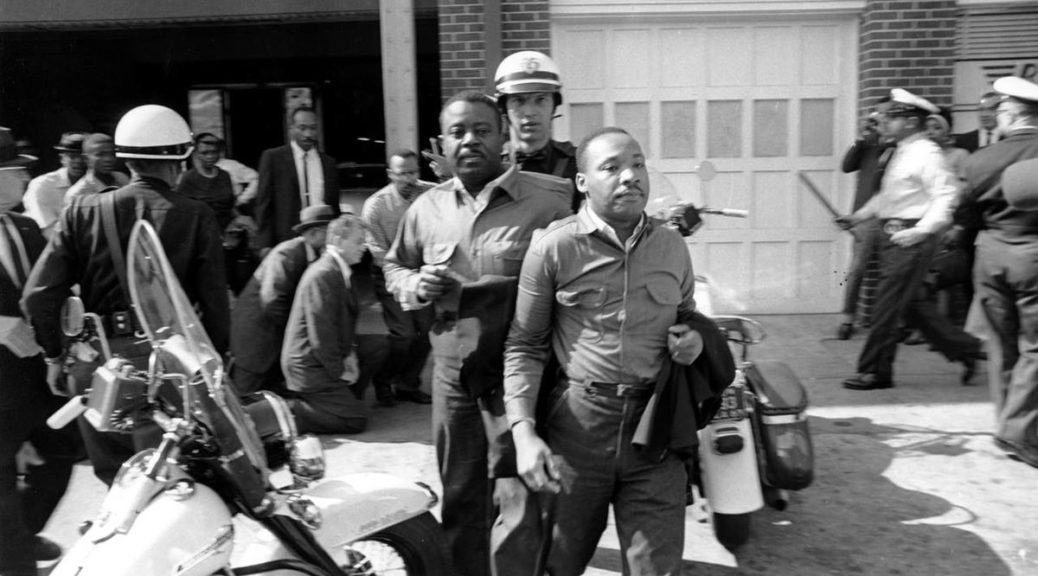We live in a troubling time where racial strife and polarization between social movements and identity groups are combined with a belief among many of these groups that permanent anger and hatred against a one-dimensional enemy is the only authentic response available to us.
One need only log onto Facebook for ten minutes to learn that peace and love just aren’t cool any more.
In recent years the phrase “peacemaking” and the practice of nonviolence have become distorted in many circles -including social justice activist communities- to mean the acceptance of injustice and an attitude of wanting to stay comfortable and look the other way when people are getting hurt.
When defined in this way, most decent people would agree that peace is not a defensible aim.
Some believe that engaging with the enemy is giving the enemy legitimacy and power. They consider this engagement to be a form of “coddling” or a kind of appeasement of the sort that British Prime Minister Lord Neville Chamberlain is said to have pursued when he signed an agreement with Hitler allowing Nazi Germany to annex other lands.
Others insist that we be more militant and refer us to Dr. Martin Luther King Jr.’s “Letters from a Birmingham Jail” where he expressed disappointment in “white moderates” who were more interested in being comfortable and supporting the status quo than they were in pursuing social change at a pace that King felt was desperately needed.
These two historic examples and many more are frequently cited to justify the reigning culture of malice that we have come to see in both the discourse and protest tactics of the hard left and in the sociopathic cruelty of the hard right.
But, King was no Lord Chamberlain. When he spoke of militancy in that letter from his jail cell, he reminded us that when militancy becomes the only strategy left to us, it must still be grounded in love. In the words below that King spoke in another context, he makes this point very clear:
“Power without love is reckless and abusive, and love without power is sentimental and anemic. Power at its best is love implementing the demands of justice, and justice at its best is power correcting everything that stands against love.”
Power, love and justice are all connected and cannot be morally or logically separated from one another.
If any one of these elements are missing in our struggle, we are lost.

